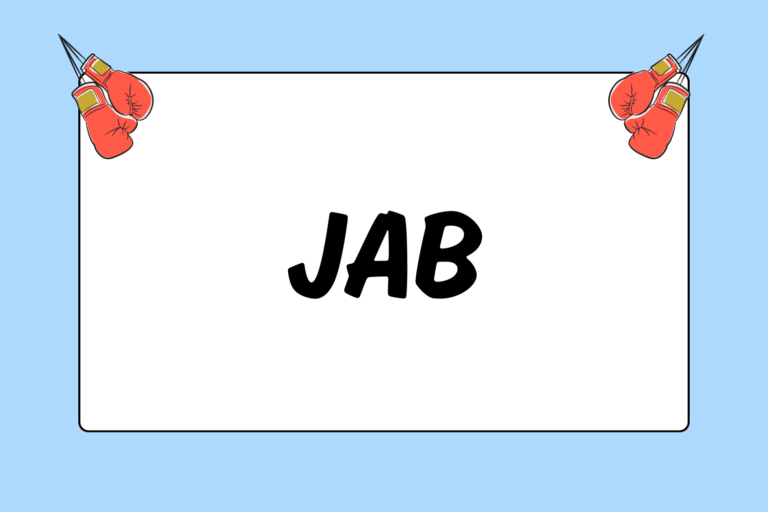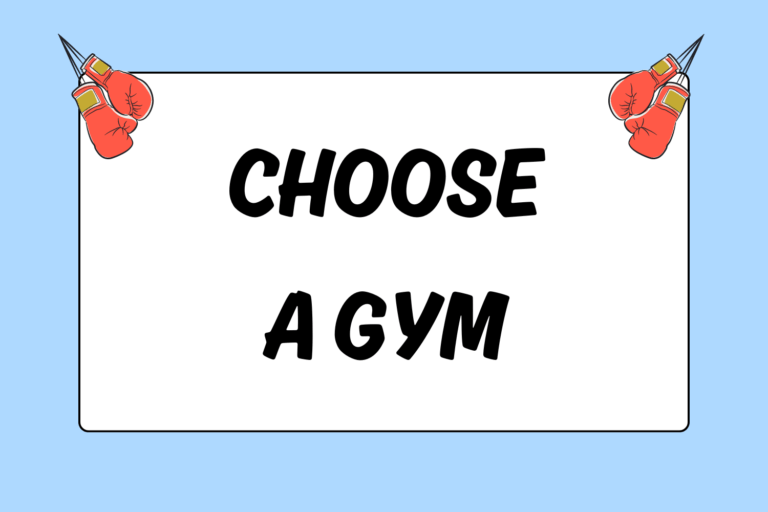Coaches play an integral role in most sports. Among their many responsibilities, they mentor their students and draw up game plans when it comes time to compete. In boxing, cornermen take on all of the coaching duties, and they have a major impact on the outcome of a match. Cornermen help a tired boxer fight through exhaustion, and their tactical advice can be the difference between a win and a loss. This guide reviews the cornerman’s role in boxing, and it highlights the tools of the trade.
Who’s Who in the Corner
A trainer ensures that his fighter is as fit and skilled as possible before he enters the ring. Once the bout arrives, though, the trainer no longer trains. Instead, he coaches from the corner, thus the title “cornerman.”
The official amateur boxing body in the United States, USA Boxing, allows two individuals to corner for a boxer during a bout. Professional boxing, on the other hand, usually allows for three cornermen. The additional man in the corner during a pro bout is known as the “cutman.” He’s in charge of closing cuts and reducing swelling on the boxer’s face and head between rounds.
These cornermen formulate strategies in between rounds, and they relay any important information that might help a boxer win the bout. Many times a boxer simply needs to be reminded of the game plan that was set prior to the match. Sometimes, though, the opponent’s vulnerabilities surface during the bout. In these cases, it’s the corner’s job to identify the vulnerabilities and present the boxer with a strategy to exploit these weaknesses.
Fun Fact
Legendary cutman Chuck Bodak worked with over 50 world champions throughout his career. He passed away in 2009 at the age of 92.
Tools of the Trade
Cornermen need the following tools to get the job done:
- Water bottle: Boxers need water between rounds to hydrate and prevent cotton-mouth. Most cornermen advise boxers to rinse their mouth, and then take a small sip. Big gulps of water often cause cramps. Cornermen also pour water on a boxer’s head to cool him down.
- Vaseline: Cornermen apply Vaseline on a boxer’s lips, cheeks, nose, and over the eyes so that his opponent’s punches slide off upon contact. Vaseline doesn’t prevent powerful punches from stinging, but it does act as a simple buffer. In addition, cutmen use Vaseline to close up cuts and stuff up nose bleeds.
- Towels: In between rounds, cornermen use towels to clear blood and sweat from a boxer’s face. Some coaches also like to cover a boxer with a towel between rounds to keep him warm.
- Icepack: Ice helps to reduce swelling. In addition, some cornermen place an icepack on the back of a boxer’s neck for cooling purposes.
- Gauze and tape: Some cornermen use small pieces of gauze, while others prefer q-tips. In either case, they use these objects to apply Vaseline inside the nose, which temporarily stops nose bleeds. In amateur fights, boxers use tape to ensure that their headgear is fastened securely. Pro boxers use tape on their gloves to prevent the laces from coming undone.
- Enswell: Cornermen for amateur matches rarely use this apparatus due to the brevity of matches and the fact that fighters wear headgear. The Enswell is an instrument used by pro cutmen, though, to reduce swelling in the face. It’s a small, flat metal object with a handle. The apparatus is kept cold at all times.
- Stop watch: A stop watch is a simple tool that helps cornermen keep track of round time and time between rounds. A fighter can pace his game accordingly if his cornermen yell out the time left in each round.
Fun Fact
The boxing venue is required to provide a stool and spit-bucket for each corner.
Protecting Your Fighter
Boxers spend rigorous hours day after day with their trainer, and meaningful relationships inevitably arise. Trainers often develop a deep love for their fighters, and they want to protect them from harm whenever possible. In fact, cornermen can throw in the towel and end the bout if their fighter’s taking excessive punishment and doesn’t appear to have a chance to win. All cornermen would agree that it’s better to sacrifice a match than jeopardize a boxer’s future.





